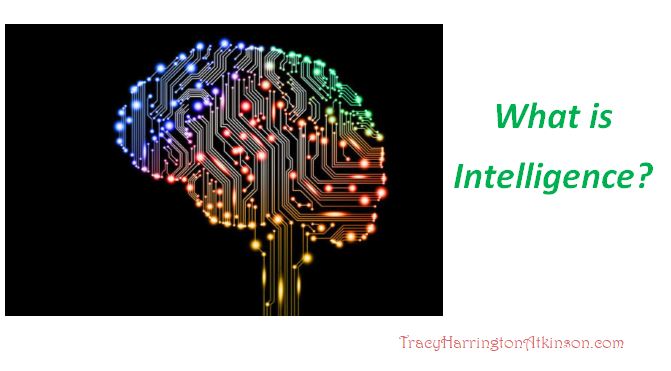 In science the term intelligence typically refers to what we would call academic or cognitive intelligence. A person’s IQ can be calculated by having a person take an intelligence test. IQ is an acronym for intelligence quotient.
In science the term intelligence typically refers to what we would call academic or cognitive intelligence. A person’s IQ can be calculated by having a person take an intelligence test. IQ is an acronym for intelligence quotient.
What is IQ?
An IQ is simply a measurement of your intelligence and is expressed in a number. The average IQ is 100. If you achieve a score higher than 100, you are smarter than the average person and a lesser score means you are somewhat less intelligent. Gifted and talented students, as labeled within the educational system, tend to need an IQ score of 130 which equates to about 2% of the population.
IQ Statistics
- Less than 2% of the population is also below a score of 70.
- 95 percent of the population is between 70 to 100.
- Albert Einstein is thought to have had a 160 to 199 IQ score.
- Stephen Hawking has an IQ score of 160.
- The highest recorded IQ score is William James Sidis who had 250 to 300
Multiple intelligences
Please note though multiple intelligences does not support the IQ score. It is not supported at all by the multiple intelligence theory. Multiple intelligences really is at odds with the theory of an IQ. Only three intelligence types within Gardner’s theory of multiple intelligences will overlap with what is normally defined as intelligence or what would be measured with an IQ test:
- logical/mathematical intelligence
- linguistic/verbal intelligence
- spatial intelligence
Subscribe to our YouTube Channel by clicking here.
Tracy Atkinson, mother of six, lives in the Midwest with her husband and spirited long-haired miniature dachshunds. She is a teacher, having taught elementary school to higher education, holding degrees in elementary education and a master’s in higher education. Her passion is researching, studying and investigating the attributes related to self-directed learners and learning styles. She has published several titles, including MBTI Learning Styles: A Practical Approach, The Art of Learning Journals, Calais: The Annals of the Hidden, Lemosa: The Annals of the Hidden, Book Two, Rachel’s 8 and Securing Your Tent. She is currently working on a non-fiction text exploring the attributes of self-directed learners: The Five Characteristics of Self-directed Learners. Check out her courses on Udemy.



Comments are closed